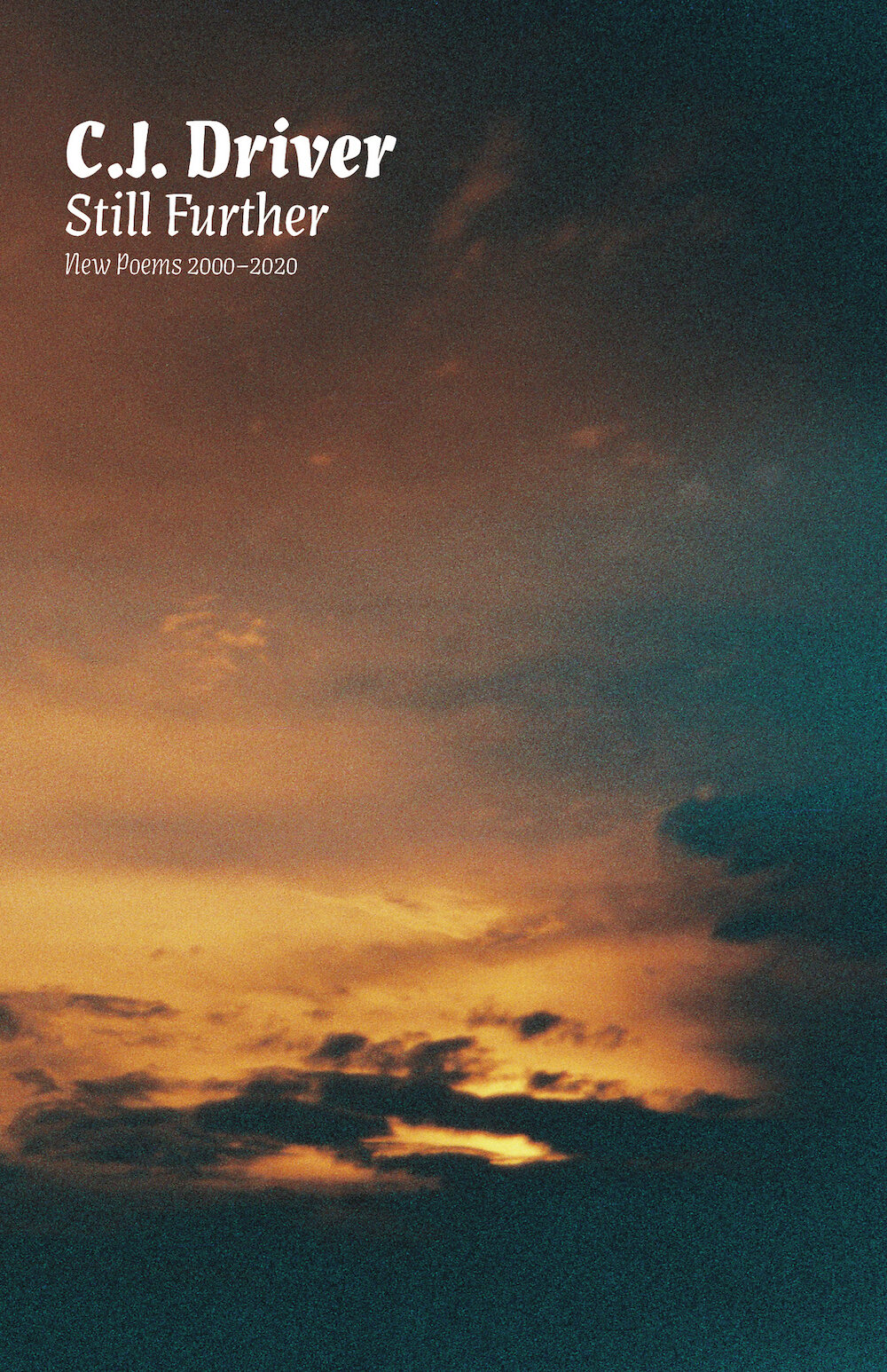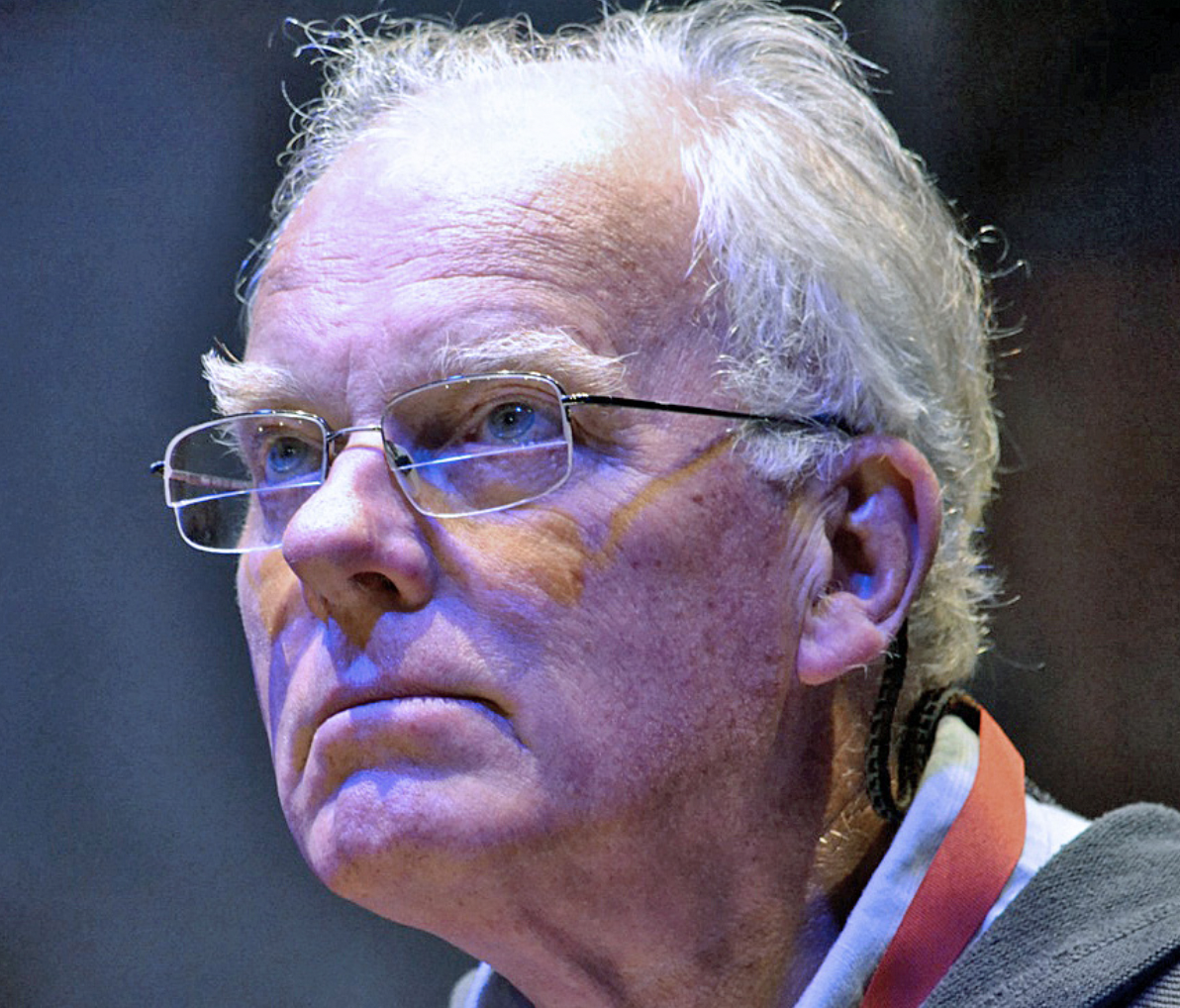At the end of yet another difficult year, I was greatly saddened to hear of the death of Dr Lindiwe Mabuza, a.k.a. Sono Molefe, on 6 December 2021. She was 83.
Many people and organisations – far more important than uHlanga, and far more intimately involved with Dr Mabuza’s life and work – have left tributes since her death. I have never suffered the death of an author before, and I have found it tremendously difficult to address, but I shall try nonetheless.
I was privileged enough to work with Dr Mabuza during the project which saw uHlanga, in collaboration with Dr Uhuru Phalafala and with support from the Andrew W. Mellon Foundation, re-release Malibongwe, a book of poetry written by South African women, who were chiefly in exile during the Struggle. Mabuza, working under the nom de plume Sono Molefe, had commissioned, collated and edited the original book, which was eventually published under the banner of the ANC throughout Europe in the 1980s, and which we eventually brought out in its first South African edition last year.
We have not just lost a great South African, but a great poet, editor, organiser, journalist, freedom fighter, and, eventually, ambassador for the democratic nation that her life’s work helped to bring into being. A life such as hers can’t be encapsulated in a pithy statement. Our democracy was, as she prophetically wrote in the original foreword to Malibongwe in 1982, “a victory no power on earth can deny the people of South Africa”. May you rest peacefully in your victory, Dr Mabuza.
I would like to send my condolences to Dr Mabuza’s family and friends in this painful time.
–NM









